10 Food-Related Strategies For Lowering Cholesterol Levels
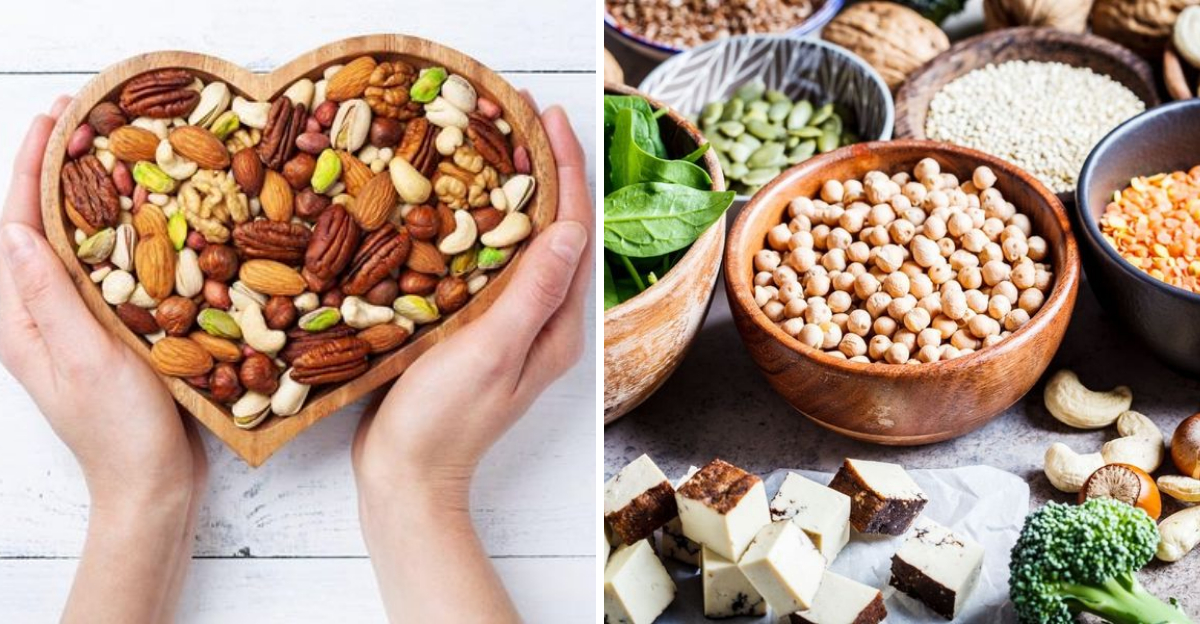
Lowering cholesterol levels through dietary choices is an effective strategy to improve heart health. Incorporating specific foods and making mindful choices can significantly impact cholesterol numbers. Here are ten strategies, each centered around a unique food-related approach, to help manage cholesterol levels effectively.
1. Load Up on Soluble Fiber
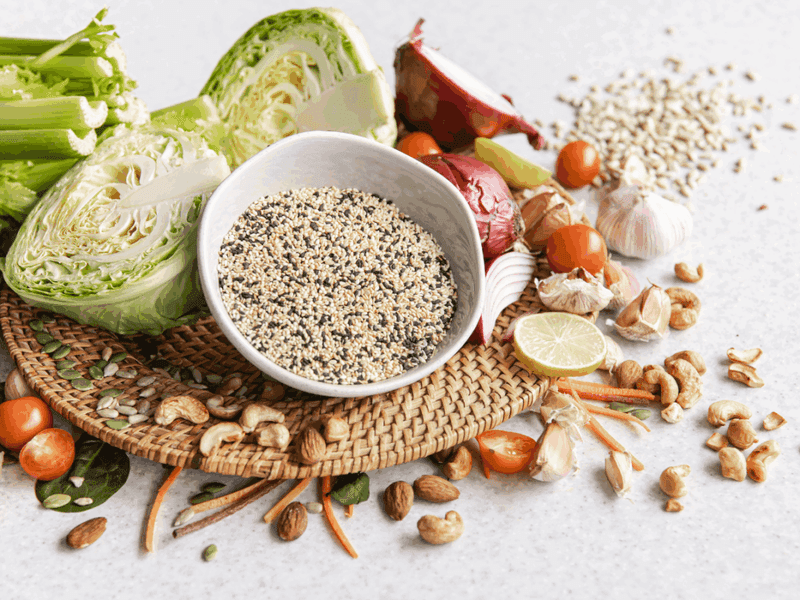
Soluble fiber: the unsung hero of cholesterol management. Found abundantly in oats, barley, and beans, this fiber type works wonders by trapping cholesterol in the gut. Ever tried adding apples or citrus to your meals? They’re rich in soluble fiber too! Incorporate chia seeds and ground flax for a nutritious boost. Aim for at least one soluble fiber-rich food at each meal. Whether it’s a warm bowl of oatmeal or a lentil soup, these foods make a difference. Remember, consistency is key! Soluble fiber supports not just cholesterol levels but also overall digestive health.
2. Swap Saturated Fats for Unsaturated Fats
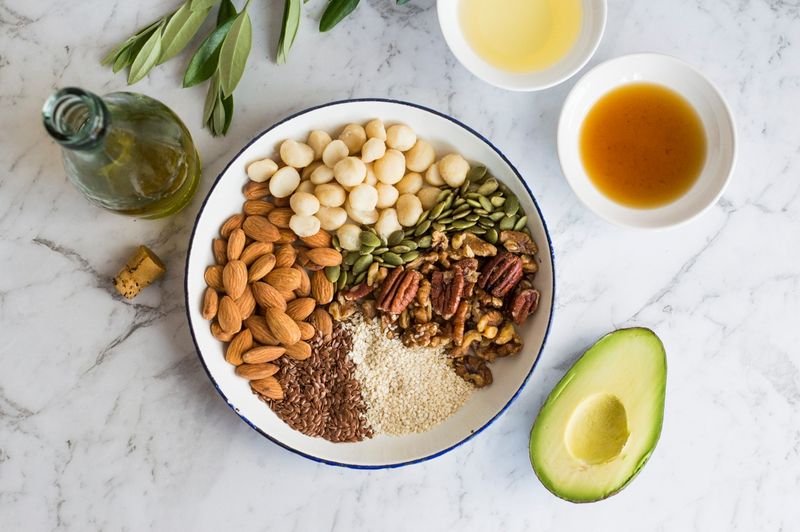
Imagine your kitchen: filled with the aroma of olive oil instead of butter, and avocados replacing creamy dips. Swapping saturated fats for unsaturated ones can transform your meals and your heart health. Using olive oil or sunflower oil over lard is a small change with big benefits. Nuts and seeds also pack heart-healthy fats; a handful of almonds can replace a fatty snack. These changes are easy and impactful. Not only do they lower cholesterol, but they also contribute to a healthier lifestyle. Embrace these swaps and feel the positive effects.
3. Eat Fatty Fish 2–3 Times a Week
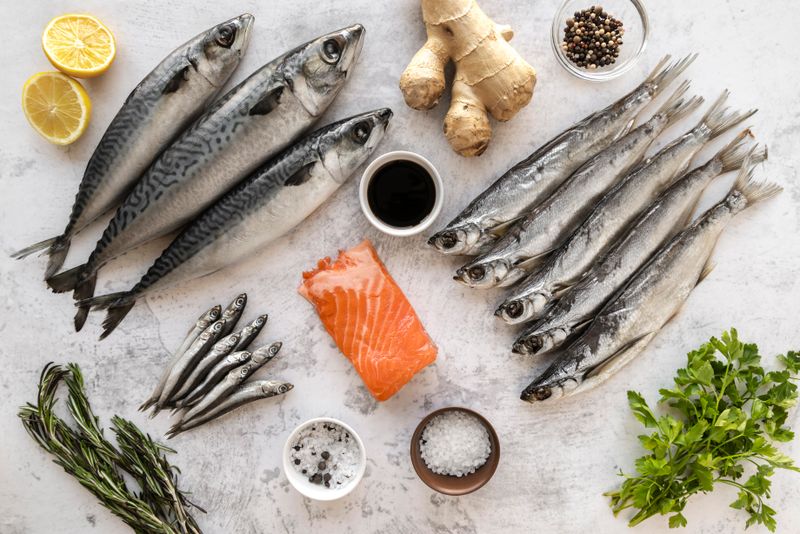
Ever wondered what makes fatty fish like salmon and mackerel so special? Their omega-3 fats are a heart’s best friend, lowering triglycerides and promoting overall health. Swapping red meat for trout or sardines a few times a week can be transformative. These fish are not just nutritious but also versatile in recipes. Whether grilled, steamed, or baked, they offer delightful flavors. Including them in your diet supports cholesterol management meaningfully. Next time you plan a meal, think fish! A delicious way to contribute to heart wellness.
4. Snack on Nuts & Seeds
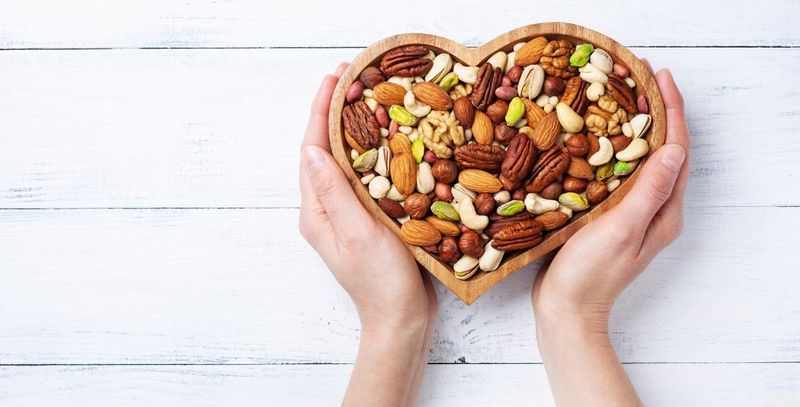
Picture this: a small handful of nuts providing a mighty punch of nutrients. Almonds, walnuts, and pistachios offer heart-healthy fats and fiber. Ground flaxseed and chia seeds? They add soluble fiber and omega-3s to your diet. These snacks are not just tasty but a smart choice for cholesterol management. Portion control is important, so keep it to a small handful. Enjoy these snacks knowing they support your heart. Swap processed snacks for these wholesome choices and feel the benefits. A simple, delicious way to care for your heart.
5. Build Meals Around Beans & Plant Proteins
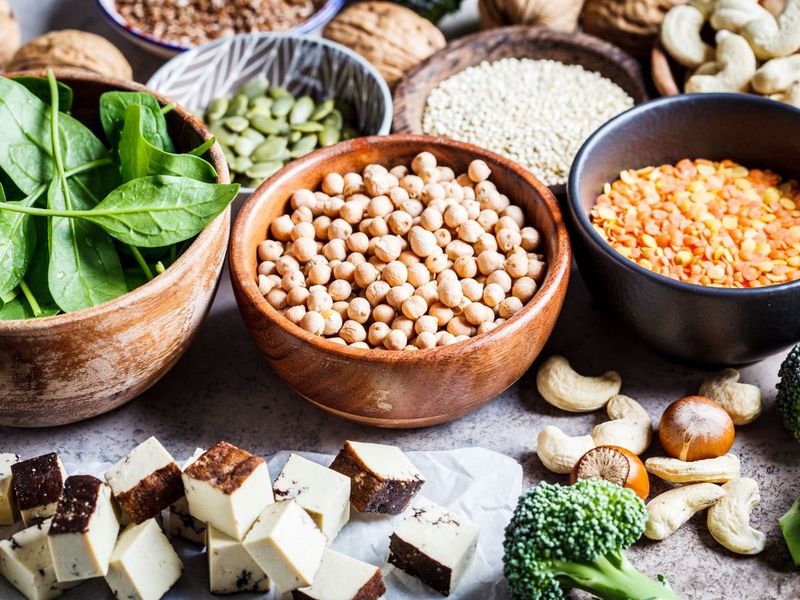
Beans and plant proteins: the champions of low-cholesterol meals. Ever thought of swapping beef for chickpeas or lentils? These plant-based proteins are naturally low in saturated fat. Not only are they versatile, but they are rich in soluble fiber too. Tofu and tempeh make excellent meat alternatives. These options bring variety and health to your meals. Embrace beans and plant proteins to support heart health. A delicious bean chili or lentil stew can be comforting and beneficial. Explore these foods and enjoy the culinary diversity and health benefits.
6. Eat More Fruits & Non-Starchy Vegetables

Imagine your plate, bursting with colors from fruits and vegetables. These foods are rich in fiber and antioxidants, essential for protecting arteries. Pectin-rich fruits, like apples and berries, are particularly beneficial. Filling half your plate with veggies or fruit at lunch and dinner is a simple strategy with big rewards. These vibrant foods not only enhance your plate but also support cholesterol management. Enjoy the diverse flavors and textures they bring. Fruits and non-starchy vegetables make heart health a colorful and tasty endeavor.
7. Include Plant Sterols & Stanols
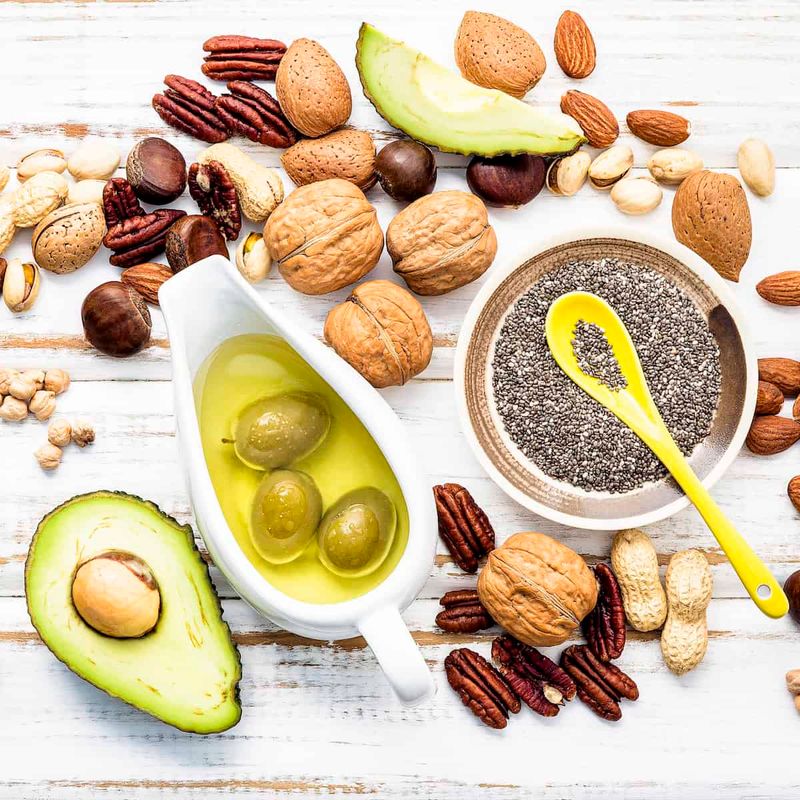
Ever heard of plant sterols and stanols? These natural compounds block cholesterol absorption in the gut. Found in nuts, seeds, and some fortified foods, they are a quiet force in cholesterol management. Even a modest intake can make a difference. Look for them in certain spreads or yogurt drinks. Including these foods in your diet supports lower LDL cholesterol. They offer a subtle yet powerful way to care for your heart. Next grocery trip, keep an eye out for these beneficial compounds. They’re a small addition with substantial benefits.
8. Cut Trans Fats & Limit Deep-Fried, Ultra-Processed Foods

Trans fats: once common, now on the decline, but vigilance is key. Industrial trans fats, found in some snacks, can wreak havoc on cholesterol levels. Opt for baked or grilled versions instead. Even heavily fried foods without trans fats pack saturated fat, elevating LDL. Choosing air-fried or grilled options can be a healthier alternative. Limiting these foods is crucial for heart health. Explore cooking methods that maintain flavor while supporting wellness. A mindful approach to eating can dramatically benefit cholesterol levels, offering both taste and health.
9. Reduce Added Sugars & Refined Carbs
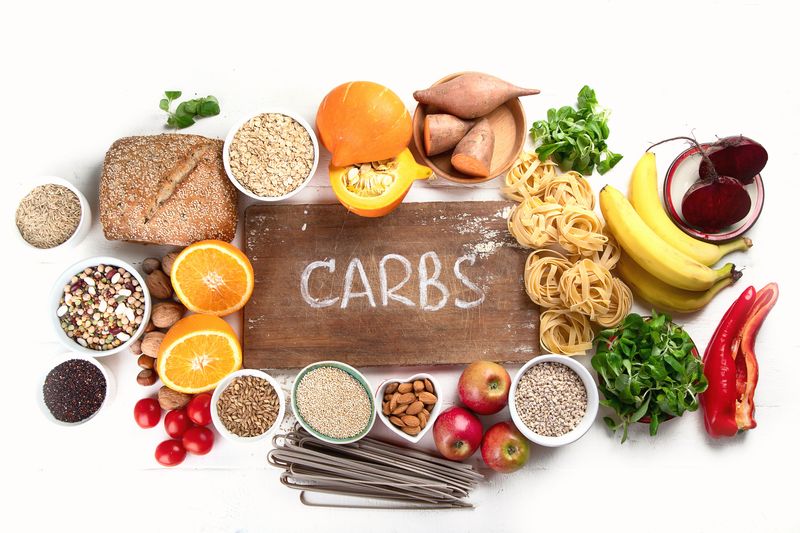
Sugary drinks and refined carbs: delicious but detrimental. They can raise triglycerides and increase small, dense LDL particles. Swapping them with whole grains and fiber-rich carbs can stabilize blood sugar. Opt for fruits instead of sweets for a natural sweetness. These changes benefit cholesterol and overall health. Gradual shifts to healthier options bring long-term rewards. Enjoy the natural flavors and textures of whole foods. Reducing added sugars and refined carbs is a wise step towards better heart health. The impact is profound and lasting.
10. Use a Heart-Healthy Eating Pattern + Portion Awareness

Mediterranean-style or DASH diets: pathways to better cholesterol profiles. These eating patterns emphasize vegetables, legumes, and whole grains. Fish, nuts, and olive oil feature prominently for health benefits. Pairing these diets with mindful portion control supports a healthy weight. Even modest weight loss can improve lipid levels. Embrace these eating patterns to support cholesterol management. They offer a holistic approach to wellness. Explore the rich flavors and cultural dishes they include, making heart health an enjoyable journey. A balanced approach, delicious and effective.
